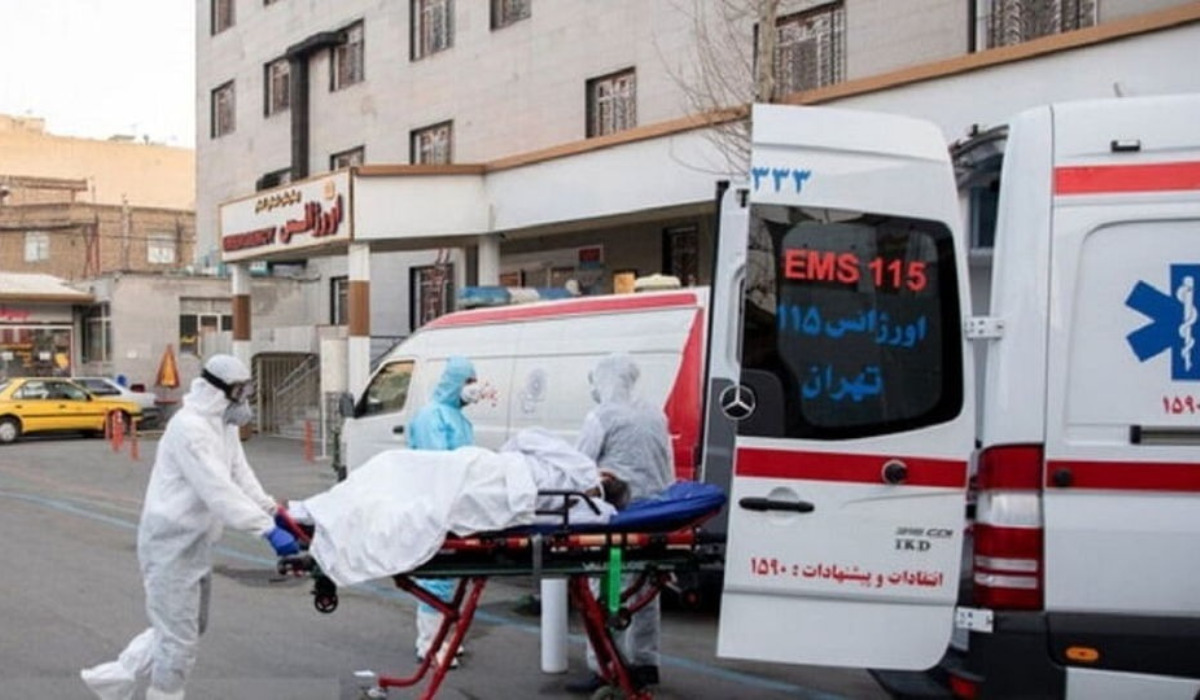Iranian authorities are investigating reports that hundreds of schoolgirls have been intentionally poisoned by noxious fumes wafting into classrooms at predominantly all-girls schools around the country over the past three months.
This comes after dozens of schoolgirls were admitted to hospital on Tuesday after being “mysteriously poisoned”, local media reported.
Most of the incidents have been reported in the city of Qom, south of Tehran and attacks are now believed to be a deliberate attempt to force the closure of girls’ schools.
Tasnim news agency reported Tuesday that at midday local time, a number of students were poisoned at the Khayyam girl’s school in the city of Pardis. Thirty five students were taken to hospital.
According to Tasnim, hundreds of cases of poisoning have been reported since November in two other cities, including Qom.
On Sunday, students at a girls’ school in Borujerd were rushed to hospital after a similar incident, the fourth in the western city within the past week.
State-run IRNA news agency reported that Iran’s parliament held a meeting on Tuesday to discuss the suspected attacks. Attending the meeting was Iran’s Health Minister Bahram Eynollahi.
During the meeting, parliament’s speaker Mohammad Bagher Ghalibaf said that both Qom and Borujerd were “dealing with student poisonings”.
On Sunday, IRNA quoted Iran’s deputy health minister, Younes Panahi, as having said some people had been poisoned at a girls’ school in Qom with the aim of shutting down education for girls.
“After the poisoning of several students in Qom schools, it was found that some people wanted all schools, especially girls’ schools, to be closed,” he said.
So far no arrests have been made in connection with the alleged attacks which officials have said cause respiratory problems.
Concern however among parents of students is growing and many “demand an explanation” from the authorities.
Two weeks ago, the Iranian government’s spokesperson, Ali Bahadori Jahromi, said the intelligence and education ministries were trying to establish the cause of the poisonings and last week Iran’s prosecutor general, Mohammad Jafar Montazeri, ordered a judicial investigation into the incidents.
Ahmad Amiri Farahani, the member of parliament representing Qom, denounced the suspected attack on the schoolgirls as an “irrational act”, stressing that people in the city “support girls’ education”.
Initially the authorities dismissed the incidents, but now describe them as intentional attacks involving some 30 schools.
The first cases emerged in late November in Qom, where students at the Noor Yazdanshahr Conservatory fell ill. They then fell ill again in December.
Other cases followed, with children complaining about headaches, heart palpitations, feeling lethargic or otherwise unable to move. Some described smelling tangerines, chlorine or cleaning agents, local media reported at the time.
At first, authorities thought central heating systems in schools were faulty and the education minister initially said the reports were just “rumors.”
But slowly, officials began taking the claims seriously and on Sunday, IRNA news agency ran stories on officials acknowledging the scope of the crisis.
Iranian media meanwhile report that panicked parents have started pulling their children out of school, while AP reported that according to Jamileh Kadivar, a prominent former reformist lawmaker and journalist, as many as 400 students have fallen ill since November.
She warned “subversive opposition” groups could be behind the attacks. However, she also raised the possibility of “domestic extremists” who “aim to replace the Islamic Republic with a caliphate or a Taliban-type Islamic emirate.”
Activists also worry this could be a disturbing new trend in the country. “This is a very fundamentalist thinking surfacing in society,” said Hadi Ghaemi, the executive director of the New York-based Center for Human Rights in Iran. “We have no idea how widespread this group [of attackers] is but the fact they have been able to carry it out with such impunity is so troubling.”





